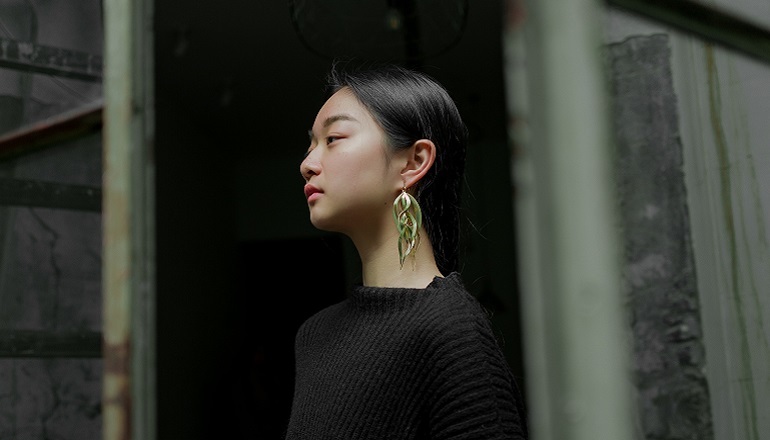I have been mulling over Yale law professor Amy Chua’s book, Battle Hymn of the Tiger Mother. In it, Chua looks at her extreme Chinese style of parenting, which focuses on a demand for perfection, contrasts it with a looser, more child-centered Western style, and leaves the reader with a sense of both shock and empathy. I wonder if, rather than merely being proactive, the so-called “Asian” parenting style is a reaction to another, deeper force—that is, the myth of the model minority. Based on my own experience, I would call the book Parenting the Asian Child: The Risks and Rewards of Society’s Benign Neglect.
My daughter is Chinese. In our family, we celebrate Chinese New Year, know our way around Chinatown, and sometimes eat noodles for breakfast. We encourage hard work and good manners, and we expect success. When my daughter struggles with math, we put in extra time and effort to make sure she succeeds. We don’t get excited about B grades.
Does this make me a Chinese tiger-mom? Since my daughter came to me through adoption, the answer is “no.” I’m just one of many parents out there striving to provide my children with the best opportunities available. Yet, despite my efforts to instill in my child the value of achievement through hard work, I find that others attribute her successes to some innate Asian super-power, and her failures to laziness or lack of motivation.
[Expert Audio: Growing Up as a Transracial Adoptee: What Parents Need to Know]
Take her academic experience. At home, I see a child who struggles with math and spends hours to finish something that should have taken minutes. In school, I am told what a good kid she is, and that she just needs to work harder on her math. Would I get the same response if she were not Chinese?
Outside of school, my child is a talented athlete. She trains more than 20 hours a week to become a better figure skater. However, society assumes that her achievements are tied to her ethnicity, because Asians are somehow “built” for figure skating and “pre-wired” with the determination required to succeed in the sport. After all, “look at Michelle Kwan and Yuna Kim.”
As the parent of an Asian child, I am constantly called upon to help my daughter navigate between diminished achievements and heightened failures. We talk about the societal pressures of being Asian and the stereotypes that come with such pressures. Along the way, I push her to believe in her abilities and to aim high. Unlike Chua, I also give her permission to fail, so long as she recognizes that failure can be a step toward achieving success.
Ultimately, these pressures raise the bar for my child, and perhaps even push her toward success, but to what end? Will she appreciate the value of her hard work? Will she own her successes as much as her failures, or will she feel lost because she could never live up to the expectations placed upon her by society? Only time will tell. In the meantime, I will be doing all I can to help her succeed despite her successes.




